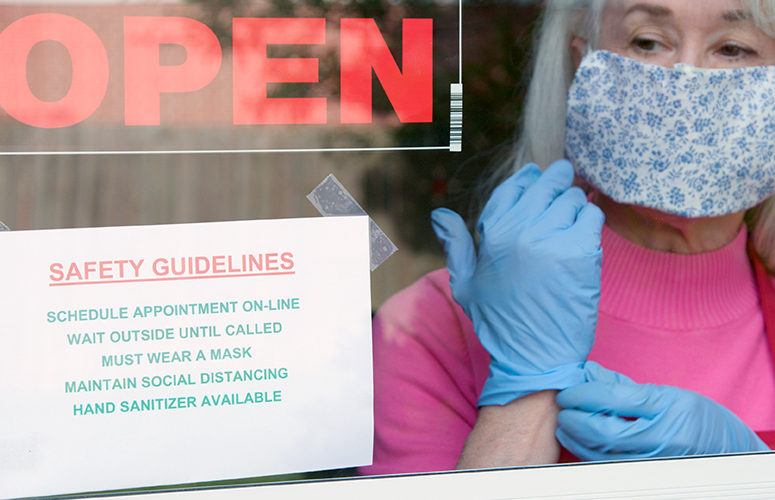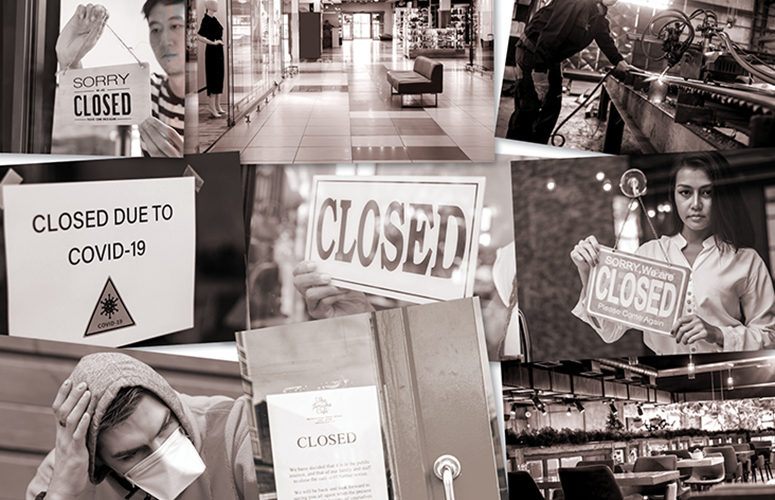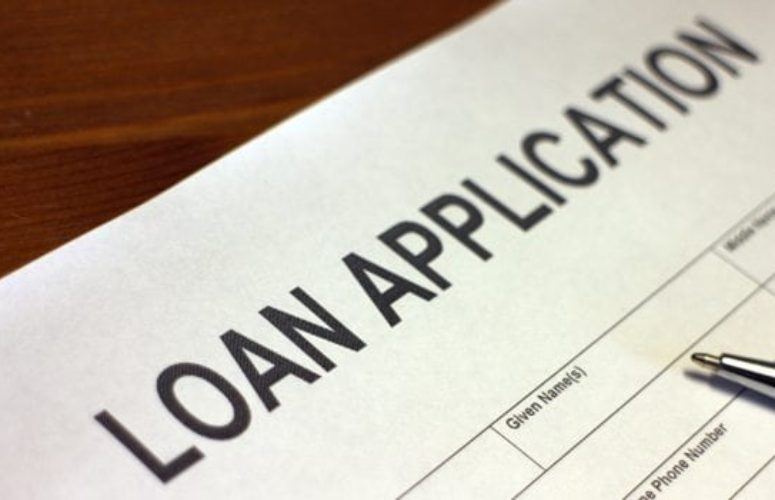
Reopening and COVID-19 Liability
By Christine Buteas, NJBIA Chief Government Affairs Officer On Jun 30, 2020New Jersey has entered Phase 2 of its reopening, and businesses are hoping this is the beginning of the end of the coronavirus lockdown. Our economy and, really, our well-being as a state, requires that we get businesses back open. As COVID-19 cases continue to drop, the case for opening more and more businesses gets stronger. But there is one issue that could derail the reopening we desperately need, and that is the legal liability surrounding COVID-19.
Many business organizations, NJBIA among them, fear that businesses will be exposed to lawsuits from clients or workers claiming they contracted COVID-19 at a particular store, office or university setting. Proving such a lawsuit would be difficult, but so is defending against it. Right now, there’s no way to tell where a particular patient contracts COVID-19, whether it’s at a particular store, the bus, a public park, or another place of business. Even the fear of liability may prevent some businesses from opening or force them to expend more resources than necessary in an effort to avoid the potential of a lawsuit.
Such frivolous lawsuits could bog down our economic recovery as companies have to spend the money to defend themselves or, more likely, settle cases out of court.
NJBIA and the New Jersey Business Coalition of more than 100 business organizations have been calling on Congress, Governor Murphy and the Legislature to enact a limited immunity from such lawsuits for businesses that act responsibly as they reopen.
As we pointed out in a letter to the New Jersey Congressional delegation, experts are all still trying to understand the coronavirus, how it is transmitted, and how best to protect the population. The advice given from the Centers for Disease Control and Prevention and other authorities has changed over time and will continue to be modified as more knowledge is gained. In all likelihood, we will not know all the answers until we are well past the threat, if even then.
Against this backdrop, how much liability should businesses be forced to accept? Businesses are doing the best they can to comply with applicable guidance and employ the most effective measures for their particular industries. If businesses comply with the recommendations based on the best available knowledge, they should not be threatened with potential liability for failure to protect people against a worldwide pandemic.
NJBIA and the Business Coalition have asked Congress to enact limited and rational protections against such lawsuits. Namely, if a business acts in good faith to protect employees and customers and follows available guidelines, it should not face unlimited liability and costly legal fees. Specifically, we would like to see what’s known as a safe-harbor provision created. That is, if a business takes certain recommended steps, like following the CDC guidelines for its industry, it would be protected against lawsuits.
That still leaves room for actions against businesses that do not do the right thing. NJBIA is not seeking any reforms that would protect businesses that operate recklessly or intentionally disregard available guidance on reducing the spread of COVID-19. However, plaintiffs should not be allowed to take advantage of this worldwide crisis by exploiting the worst public health emergency of our lifetimes.
Our employers in New Jersey have done their best to contribute the products and supplies necessary to serve the public amid a cloud of unclear and shifting rules and requirements placed on essential businesses. In short, they have risen to the moment. Now the government should support them with the legal protection they deserve as they help all of us recover from this unprecedented crisis.
To access more business news, visit NJB News Now.
Related Articles:





